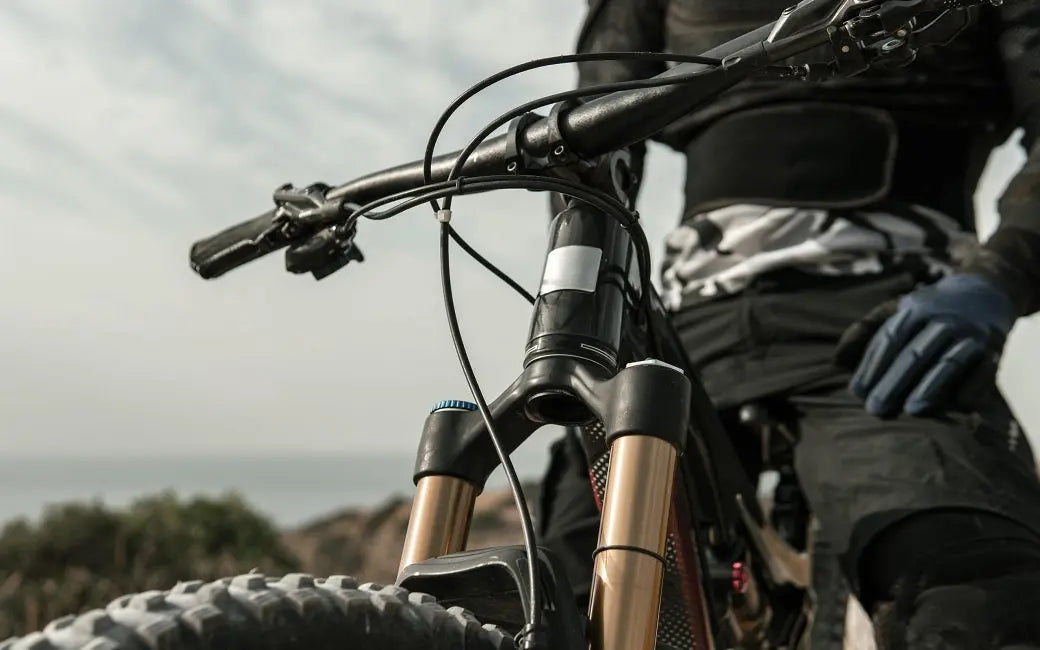
- by HOVSCO Official
How Fast Do 1000W Electric Bikes Can Go?
- by HOVSCO Official
A 1000W electric bike typically reaches speeds between 28 and 35 mph on flat terrain under ideal conditions. Actual speeds depend on rider weight, terrain, wind, battery state, and bike setup. While some models can go faster, many are restricted for street use; exceeding legal limits poses safety, legal, and insurance risks.
Several factors affect how fast a 1000W electric bike can go. Flat, smooth surfaces and full batteries allow higher speeds, while hills, rough terrain, headwinds, and tire type reduce speed. Rider weight and aerodynamic posture significantly impact motor load, modifying acceleration and top speed. A well-maintained motor and controller also maximize performance.
Chart Title: Factors Affecting 1000W Electric Bike Speed
| Factor | Impact on Speed |
|---|---|
| Terrain | Hills and rough surfaces slow speed |
| Rider Weight | Heavier riders decrease acceleration and top speed |
| Wind | Headwinds reduce, tailwinds increase speed |
| Battery | Full, high-capacity batteries sustain higher speed |
| Motor & Controller | Proper tuning and health affect max speed |
A 1000W motor delivers significantly more torque and power than 250W or 500W motors, resulting in faster acceleration and easier hill climbing. This power range supports smoother rides at higher speeds and can handle heavier riders or cargo better, making 1000W e-bikes versatile for urban, recreational, and off-road use.
Local laws often cap e-bike speeds between 20 and 28 mph, and riding faster may classify the bike differently, requiring insurance, registration, or a license. High speeds necessitate protective gear like helmets and brakes in good condition. Unrestricted use of high-speed e-bikes may increase accident risk and insurance challenges.
Maintaining optimal tire pressure, reducing rider and cargo weight, and keeping batteries fully charged help achieve peak speeds. Proper maintenance of motors, controllers, and brakes ensures safety and consistent performance. Understanding local laws helps avoid legal troubles while maximizing riding enjoyment.
Choose a 1000W e-bike that balances power, battery capacity, and regulatory compliance. HOVSCO offers models engineered for strong acceleration, sustained speed, durability, and safety. Prioritize e-bikes with quality components, efficient motors, and comprehensive support to meet legal requirements and personal needs.
“HOVSCO designs 1000W electric bikes to blend powerful performance with rider safety and legal compliance. Our approach ensures strong torque for quick acceleration and hill climbing while managing energy use for extended range. We emphasize quality components and smart engineering to deliver reliable, exciting rides tailored for diverse terrains and rider profiles.” — HOVSCO Product Team
Q: What is the typical top speed of a 1000W electric bike?
A: Usually between 28 and 35 mph on flat terrain with ideal conditions.
Q: Does rider weight affect the speed of a 1000W e-bike?
A: Yes, heavier riders reduce acceleration and top speed due to increased load.
Q: Can a 1000W e-bike reach speeds over 40 mph?
A: Some models can, but these speeds may be restricted by law and not street-legal.
Q: How does terrain affect the speed of a 1000W e-bike?
A: Uphill and rough terrain slow the bike, while flat and downhill allow higher speeds.
Q: What safety gear is recommended for riding at high speeds?
A: Helmets, gloves, and properly maintained brakes and tires are essential.
Share:
Are E-Bike Batteries Dangerous in Summer? What You Need to Know in 2025
Will Your Bike and E-Bike Rust?